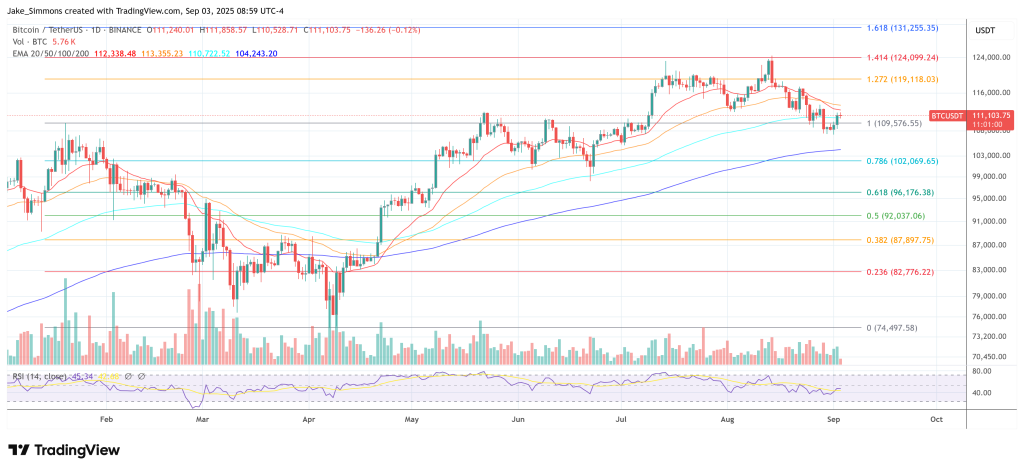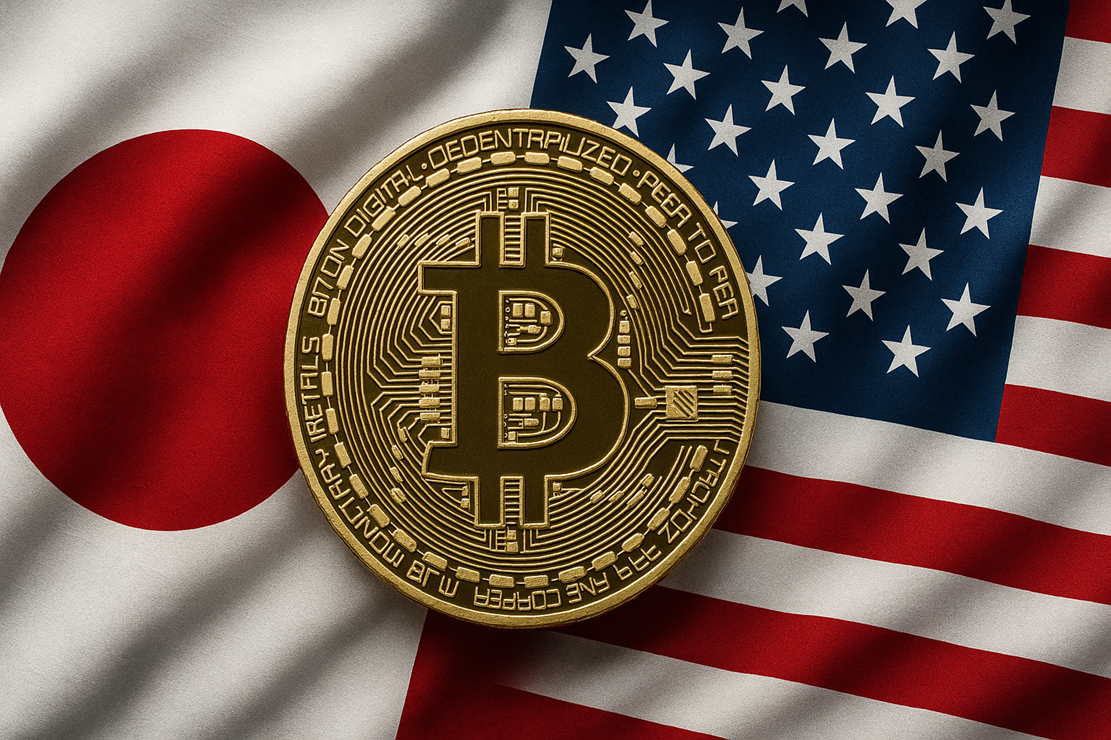In a CoinStories interview with Nathalie Brunell, Jeff Park, Head of Alpha Strategies at Bitwise Asset Management, argued that US sovereign Bitcoin holdings are a matter of “when,” not “if”—however solely by way of a deliberate, legislated course of and sure in live performance with key allies.
Park said plainly: “It can be inevitable that governments will purchase Bitcoin on their stability sheet. This is one thing I really feel very strongly,” including that advocates ought to “be affected person” as a result of it’s “not going a rogue determination.”
He drew a agency distinction between an government motion and a sturdy nationwide coverage: “There’s a distinction between an government order mandate to purchase Bitcoin as a strategic asset versus a congressional mandate,” he mentioned. Executive orders are “risky” and “might be turned by the following administration,” whereas a legislated strategic reserve “embed[s] the mandate of the folks.”
Why The US Bitcoin Reserve May Hinge On Japan
Crucially, Park framed the US Bitcoin reserve as an allied, not unilateral, undertaking. The United States, he mentioned, operates inside an financial “social contract” with companions equivalent to Japan. A shock US pivot into BTC would threat belief: “It can be a slight betrayal of that social contract when you have been to stuff, let’s say, Japan with all of your long-dated Treasury bonds after which didn’t give them a heads up and simply purchased Bitcoin by yourself.”
As a sensible indicator, he flagged Tokyo: “I believe Japan is the one you have to be listening to… Once you begin seeing Japan embrace Bitcoin then I do suppose we’re prepared for that dialogue to occur on the nation ranges.”
Park additionally cautioned that sovereign BTC seen as we speak principally displays authorized seizures reasonably than market accumulation.
“Most of the core treasury holdings of sovereigns have to date come from seizures or forfeitures,” he mentioned, citing the US and China. He dismissed coercive home takings as inconsistent with US norms: utilizing eminent area in opposition to a compliant personal entity would cross a line “the US usually just isn’t on that facet of historical past for.”
Open-market accumulation at scale, in the meantime, can be price-disruptive. Instead, he pointed to a extra American pathway via market buildings and public-private alignment: “If you concentrate on the assemble of Fannie Mae and Freddie Mac… you would nonetheless have a personal entity that is ready to lengthen credit score for the American folks,” suggesting that “Bitcoin treasury corporations might be… personal, sure, however aligned with sort of the nationwide mission.”
Park’s financial rationale threads these factors collectively. Post-2008 coverage has elevated “plentiful reserves” and technocratic rate-setting, making scarce collateral strategically priceless. Within that context, he mentioned, “Bitcoin is the scarcest, hardest asset recognized to man and it’s the social covenant that I believe will supersede the greenback as we’ve recognized it in a means that hopefully sooner or later can be synergistic for each American exceptionalism.”
Park’s conclusion is exacting reasonably than speculative: governments shopping for Bitcoin is “inevitable,” however a US transfer requires congressional authorization, signaling and coordination with allies—notably Japan—and institutional mechanisms able to execution at measurement with out violating core property-rights norms.
At press time, BTC traded at $111,103.

Featured picture created with DALL.E, chart from TradingView.com

Editorial Process for bitcoinist is centered on delivering completely researched, correct, and unbiased content material. We uphold strict sourcing requirements, and every web page undergoes diligent overview by our group of prime know-how consultants and seasoned editors. This course of ensures the integrity, relevance, and worth of our content material for our readers.









